Who will be on the new £50 note?
Margaret Thatcher is surprise addition to longlist of scientist candidates
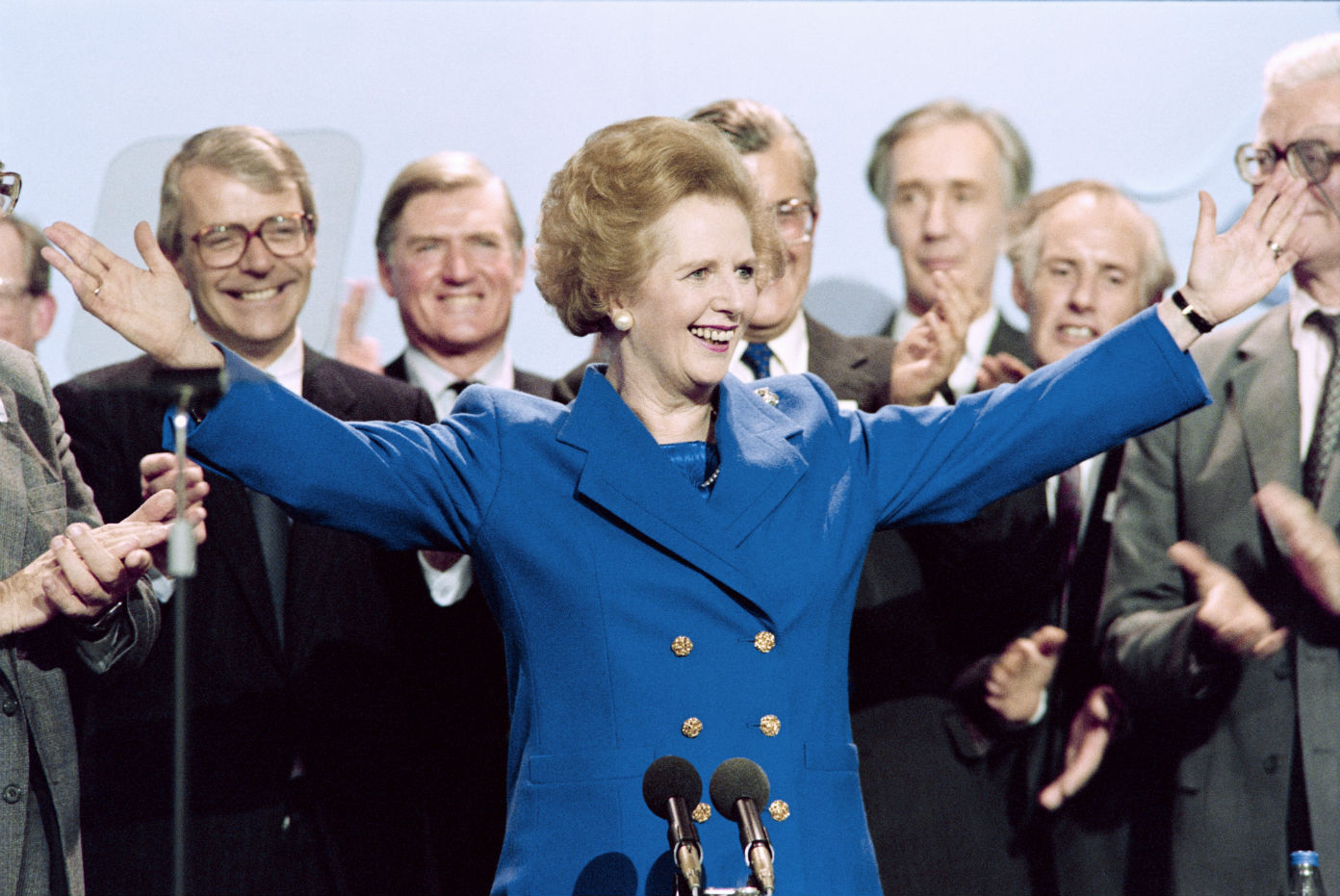
A free daily email with the biggest news stories of the day – and the best features from TheWeek.com
You are now subscribed
Your newsletter sign-up was successful
Former prime minister Margaret Thatcher is in the running to be the next face of the new £50 note, after making in onto the Bank of England’s newly published list of possible candidates.
The Iron Lady was not expected to considered for the honour, which has been limited to people who have contributed to the field of science.
However, a Bank spokesperson explained: “Margaret Thatcher is eligible to be on the note because she was a scientist - she was a chemist before she became prime minister, and she actually helped invent the soft-scoop ice cream.”
The Week
Escape your echo chamber. Get the facts behind the news, plus analysis from multiple perspectives.

Sign up for The Week's Free Newsletters
From our morning news briefing to a weekly Good News Newsletter, get the best of The Week delivered directly to your inbox.
From our morning news briefing to a weekly Good News Newsletter, get the best of The Week delivered directly to your inbox.
Thatcher studied chemistry at Oxford University and worked as a food research chemist for London-based food manufacturer J. Lyons & Co before entering the world of politics, adds The Daily Telegraph .
Other scientists who made the 800-strong list include astrophysicist Stephen Hawking, medic-turned-runner Roger Bannister, penicillin pioneer Alexander Fleming and telephone inventor Alexander Graham Bell.
The Bank received a total of 174,112 nominations from the public, 114,000 of which met the criteria.
Hawking is the bookies’ favourite to claim the ultimate honour, with odds of 7/4, followed by chemist Dorothy Hodgkin, at 4/1, says the BBC.
A free daily email with the biggest news stories of the day – and the best features from TheWeek.com
Hodgkin was awarded a Nobel Prize in 1964 for her work in chemistry, using crystallography to find out the three-dimensional shapes of penicillin and vitamin B12.
Her work with penicillin is still important for the development of antibiotics today, and her 1969 discovery of the shape of the insulin molecule impacted the treatment of diabetes.
“Her life was a shining example to so many, so it would be entirely appropriate for us to honour her great scientific achievements... by putting her image on our new £50 notes,” writes Elspeth Garman, a professor of molecular biophysics at the University of Oxford, in an article on The Conversation.
The winner will be announced next summer, although the new polymer note will not go into circulation until 2020 at the earliest.
Since the Queen is the only living person who can be featured on a Bank of England note, the scientist must be deceased.
The Bank's governor, Mark Carney, will have the final say on who is selected, eliminating the risk of embarrassments like the “Boaty McBoatface” debacle of 2016, when the National Environment Research Council came to regret asking the public to name its £200m research vessel.
-
 6 of the world’s most accessible destinations
6 of the world’s most accessible destinationsThe Week Recommends Experience all of Berlin, Singapore and Sydney
-
 How the FCC’s ‘equal time’ rule works
How the FCC’s ‘equal time’ rule worksIn the Spotlight The law is at the heart of the Colbert-CBS conflict
-
 What is the endgame in the DHS shutdown?
What is the endgame in the DHS shutdown?Today’s Big Question Democrats want to rein in ICE’s immigration crackdown
-
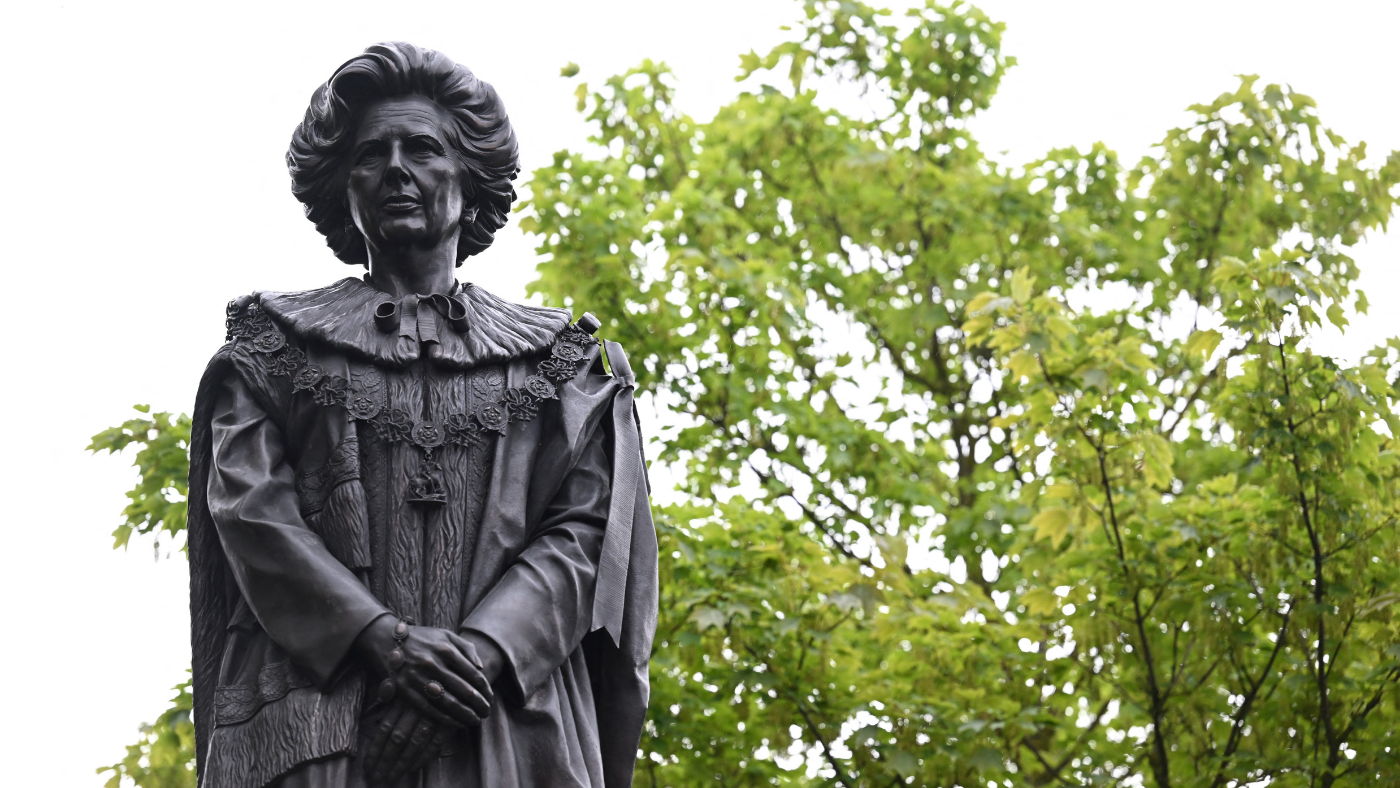 ‘Was a new statue of Thatcher really a wise idea?’
‘Was a new statue of Thatcher really a wise idea?’Instant Opinion Your digest of analysis from the British and international press
-
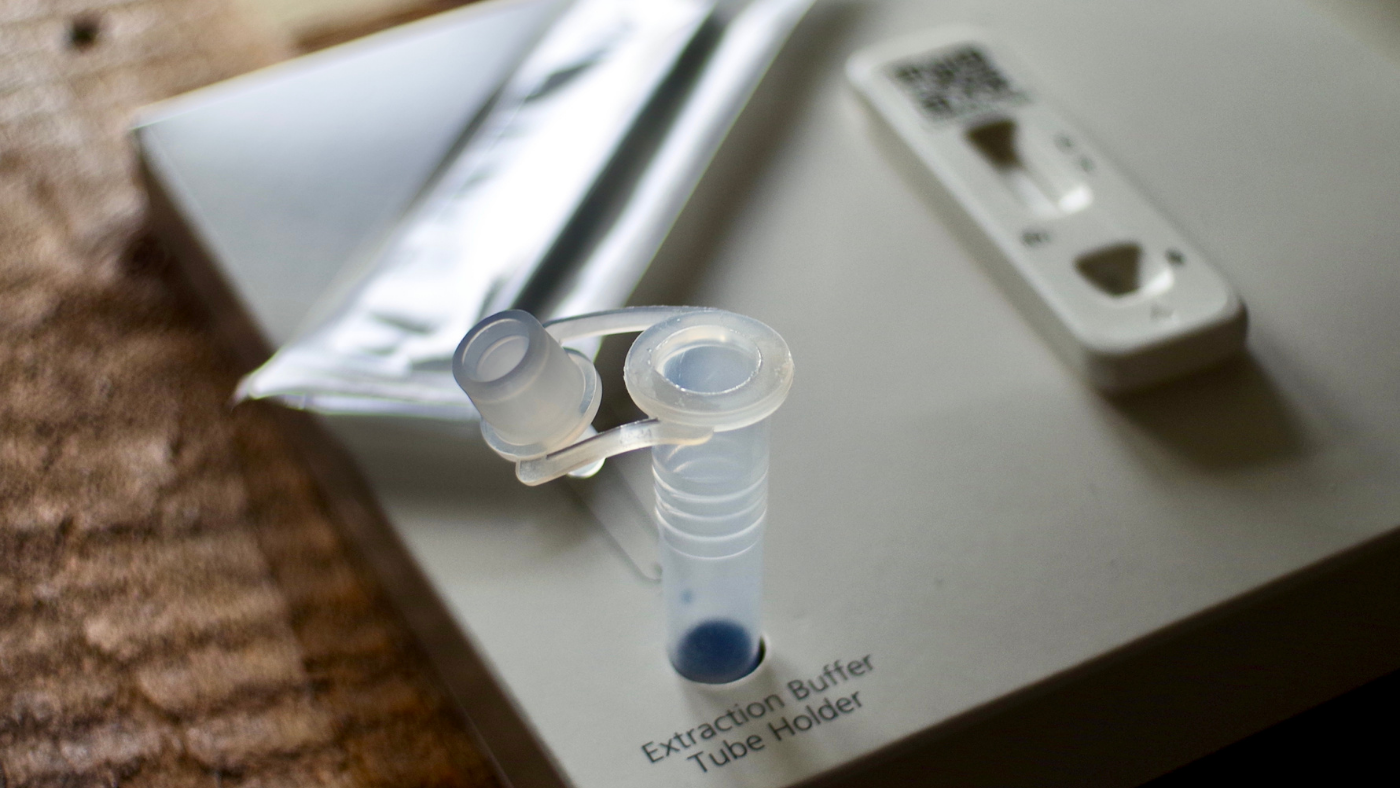 ‘People are being economically penalised for being disabled’
‘People are being economically penalised for being disabled’Instant Opinion Your digest of analysis from the British and international press
-
 ‘It is hard to justify the Bank of England misleading the market’
‘It is hard to justify the Bank of England misleading the market’Instant Opinion Your digest of analysis from the British and international press
-
 ‘Welcome to the Labour conference where comradeship is scarcer than BP unleaded’
‘Welcome to the Labour conference where comradeship is scarcer than BP unleaded’Instant Opinion Your digest of analysis from the British and international press
-
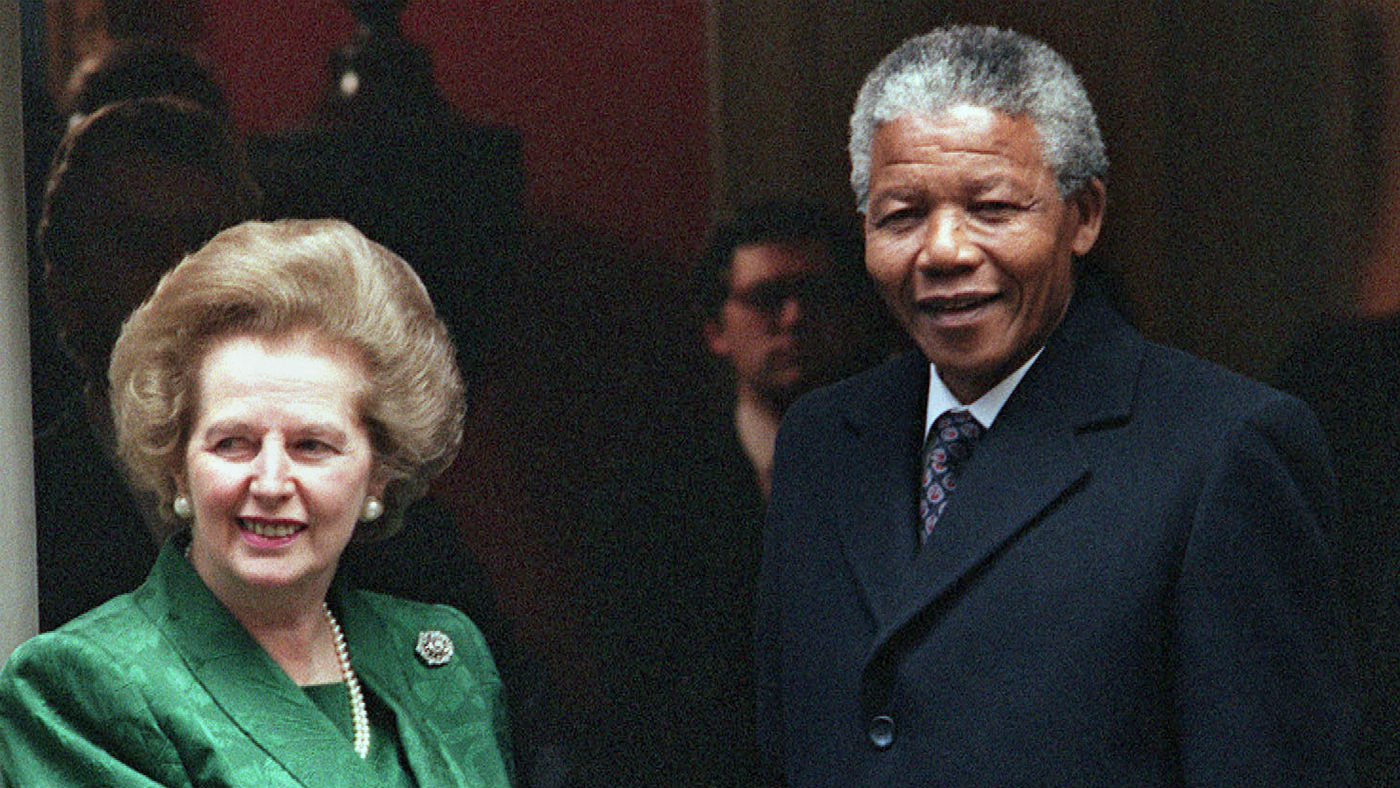 Margaret Thatcher ‘believed South Africa should be whites-only’
Margaret Thatcher ‘believed South Africa should be whites-only’Speed Read Ex-head of diplomatic service also says former PM distrusted Germany and hated men with moustaches
-
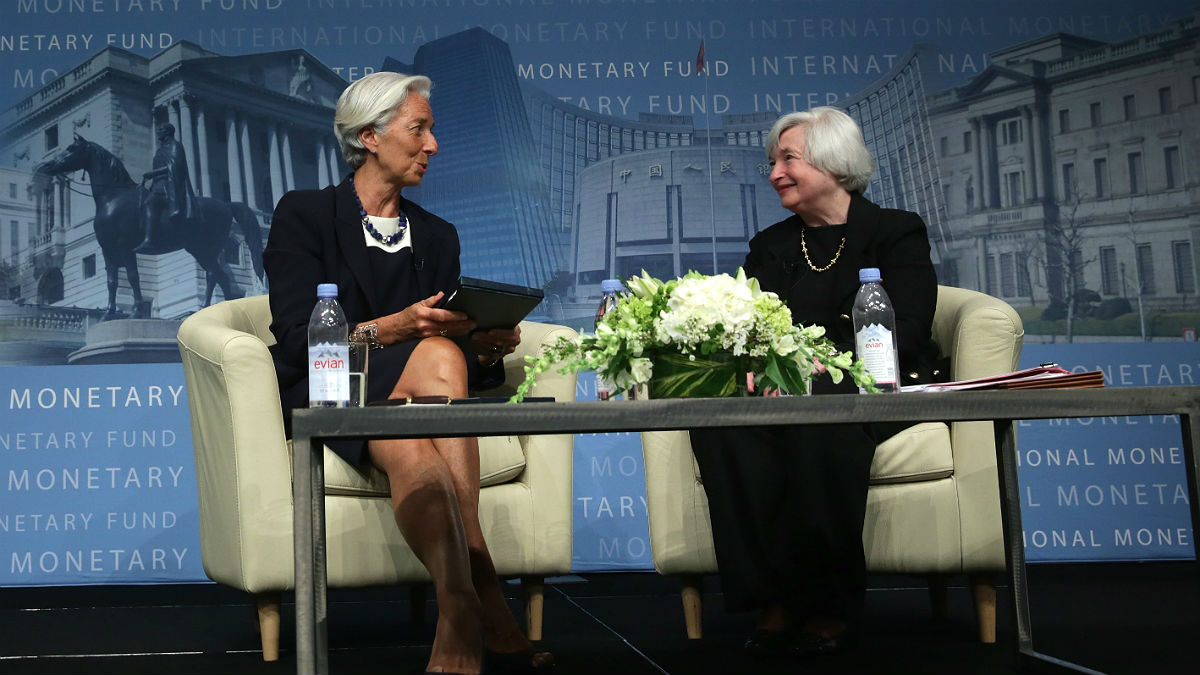 The first ladies of finance
The first ladies of financefeature How the relationship between Janet Yellen and Christine Lagarde could shape our economic destiny
-
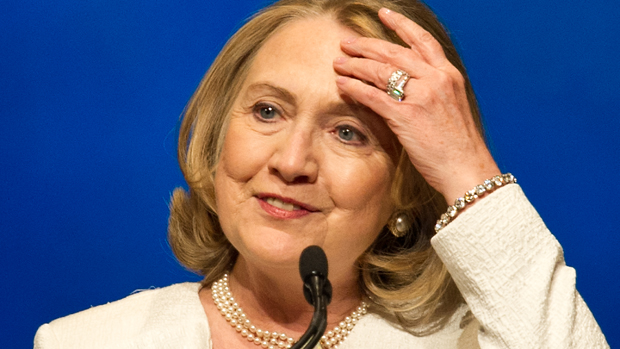 Hillary Clinton for President! A timely boost from Thatcher?
Hillary Clinton for President! A timely boost from Thatcher?In Depth Political strategists and fundraisers already pushing for Hillary before this 'glass ceiling' reminder